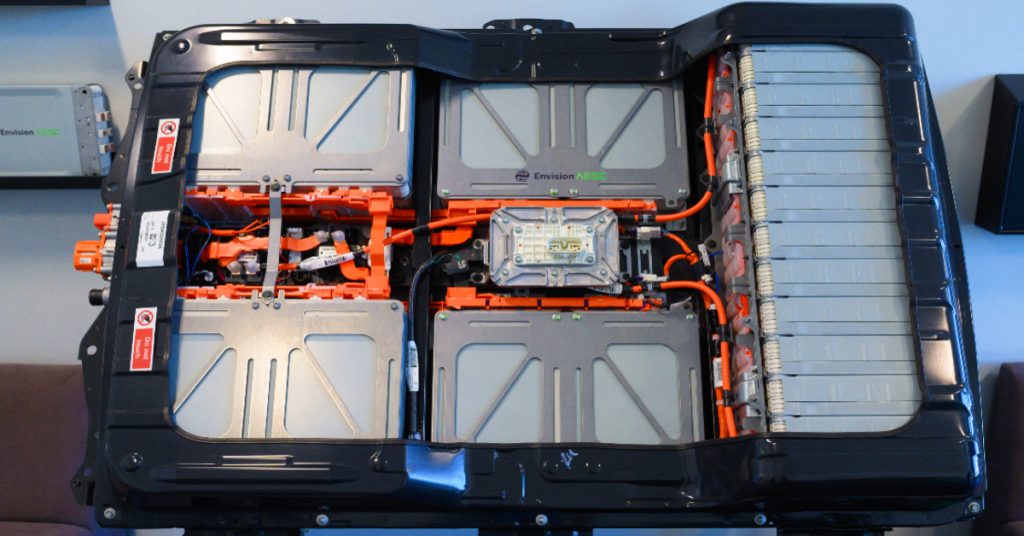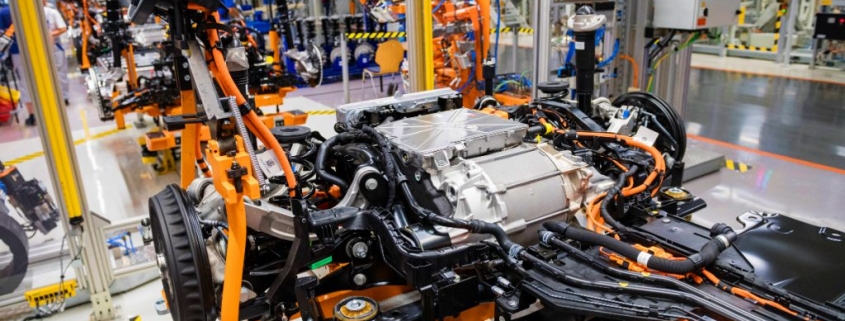Will EV Batteries Create a New Climate Crisis?
Are electric vehicle batteries going to solve one climate crisis just to create another? Electric and hybrid vehicle battery production is at an all-time high. Reducing carbon emissions from burning fossil fuels can help save our planet but are electric vehicle batteries really eco-friendly?
Are EV batteries doing more harm than good?
Electric and hybrid batteries are often viewed as the solution to our planet’s carbon emission problem. Little did we know this solution could also cause some problems of its own. EV batteries don’t burn any fossil fuel, but the materials they use may prove to be problematic in the future.
EV batteries use materials like cobalt that often come from the ocean floor. They require deep-sea mining. Deep-sea mining is extremely invasive for the many species that live near the ocean floor. Special mining machines scavenge the ocean floor for these precious materials. According to BBC, we have no idea what this process will do to the environment and the species living in this ecosystem.
Deep-sea mining will increase as electric vehicles enter the lineups of more automakers. When electric vehicles eventually replace gas-powered vehicles in the decades to come, we will be removing an unprecedented amount of cobalt and other metals from the ocean floor. At the very least, this process will kill many of the species that live where we are mining. The unfortunate truth is that we have no clue what unintended consequences the mass-production of EV batteries will bring. Let’s just hope we don’t create another climate crisis while trying to survive the one at hand.
How long do electric cars last?

We may not have the answers to the long-term consequences of deep-sea mining for EV battery materials, but we do have a sense of how long EVs will last using them. Thankfully electric car batteries are currently estimated to last for approximately 200,000 miles with proper maintenance. They may begin to lose battery capacity around the 100,000-mile mark.
Electric vehicles will actually last as long as most gas-powered vehicles when properly maintained. This is a relief when considering the deep-sea mining process. As a consumer, most automakers offer warranties on electric vehicle batteries as well, so you won’t have to worry about your EV dying on you in your first few years of ownership. The introduction of new battery technology could even extend the life of EV batteries.
Which is the best electric vehicle?

Electric vehicles are still very new to the automotive industry, yet there are already standout models. The Tesla Model 3 and Model Y are currently the most popular EVs. Tesla has been working on electric vehicles for years and is one of the few fully-electric automakers. As a result, the Palo Alto, California-based company has had ample time to work some of the bugs out of its electric lineup.
Tesla has succeeded in making its EVs fun to drive, something other automakers have struggled to do. Electric vehicle ownership has been viewed as the responsible thing to do rather than the fun thing to do. Electric vehicles only make up for a small portion of the total market share, and a big reason is that they are a tough sell today.
The Tesla Model 3 and Model Y put the minds of consumers at ease by offering great range, decent performance, and reliability. There is also a certain novelty to Tesla ownership because the company was once so inaccessible to the average consumer. Tesla is focused on releasing more entry-level models that are affordable for everyone. As electric vehicles take over the automotive industry, we still have a lot to learn about the batteries that power them.
RELATED: Do Electric Cars Produce a lot of Carbon Dioxide (CO2)?
The post Will EV Batteries Create a New Climate Crisis? appeared first on MotorBiscuit.







